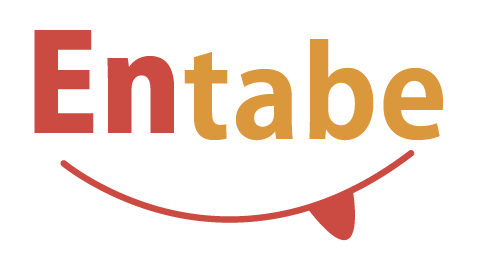UNICEF has developed the world's first "Sweat Machine," which extracts sweat from clothing and converts it into drinking water. With this machine, an average of 10 milliliters of drinking water can be extracted from a single shirt. The machine was installed at the venue of the soccer youth world competition "Gothia Cup" held from July 14th to 20th.
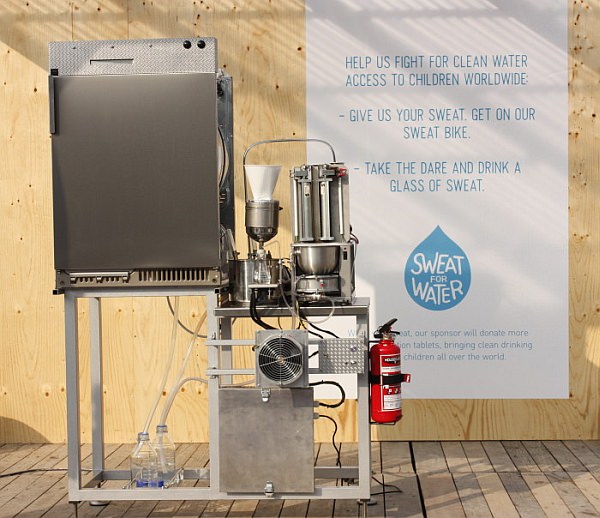
According to UNICEF, the purpose of installing this device is to spread the fact that all living things on earth share the same water and that 780 million people around the world do not have access to clean drinking water. It is said that it is to be known. Soccer players who participated in the Gothia Cup will contribute to UNICEF by putting sweaty uniforms into the machine and drinking water refined by the Sweat Machine. But it's not my sweat to drink. It's the sweat of others.
UNICEF describes device installation as follows:
"We wanted to present this issue in a fun and intriguing way. The Sweat Machine reminds us that humans share the same water. What does humans look like? But no matter what words you say, you drink water and sweat in the same way. "
The device uses a filter developed by the Royal Institute of Technology in Sweden.
"There are many different technologies for removing impurities from water. The Sweat Machine was designed to be at the same level as the devices used on the International Space Station. In space, cooling water, urine, Any drop of dirty water, such as sweat, is irreplaceable and precious. Believe it or not, the water coming out of the Sweat Machine is cleaner than regular Swedish tap water. It is. "
Famous soccer players Tobias Hysen and Mohammed Ali Khan were the first to "sweat exchange" during the Gothia Cup. After that, many players provided sweaty uniforms, drank each other's sweat, and backed up UNICEF's campaign.
Gothia Cup Secretary-General Dennis Andersson said:
"We enjoyed one of the world's largest youth football tournaments and sweated together. We were able to support organizations like UNICEF and contribute to their mission of protecting children's rights. I'm proud"
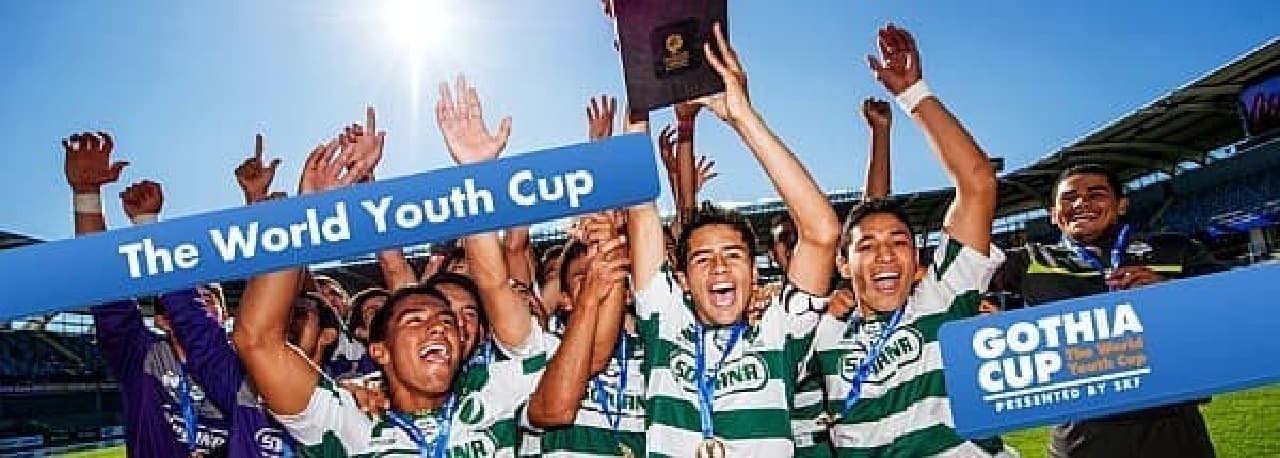

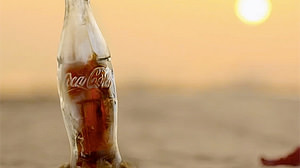
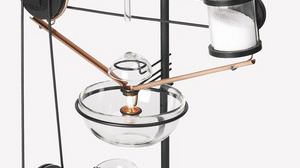
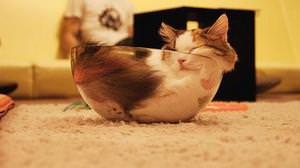

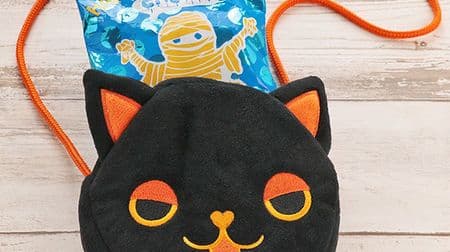
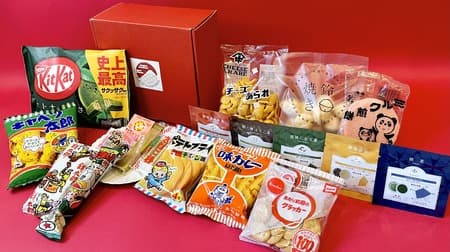
![Part-time job / Outsourcing] Web Writer Wanted: Gourmet, Recipes, Sundries, Life Hacks, etc. [Housewives and students welcome].](https://image.entabe.jp/upload/articles/56003/3c8044e6c70f93cb10b5a58e2aa0ce58_special.jpg)
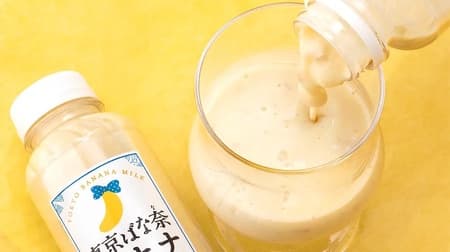
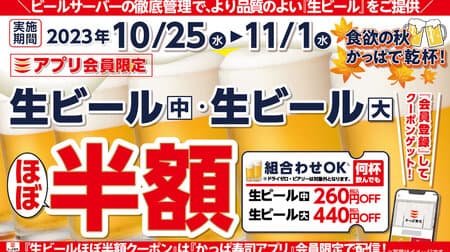
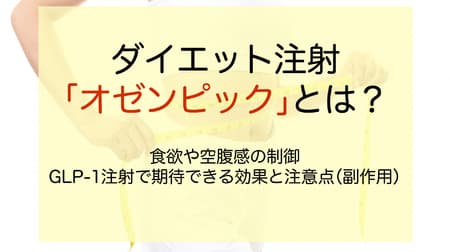
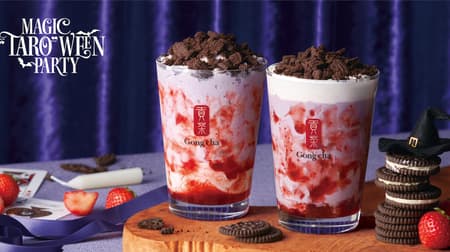


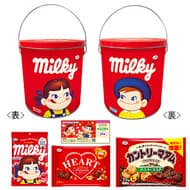
![Takara "Shochu Highball" [With fresh ginger under Iwashita] 7% alcohol by volume, highly carbonated, dry chu-hai! Refreshing taste and refreshing aroma of Iwashita's fresh ginger!](https://image.entabe.jp/upload/articles/54364/732a67d2c38b23cffcf16d0498b5448a_related.jpg)
![LOTTE "Custard Cake [Chocolat]" is fluffy and full of chocolate! The custard cake has just the right amount of chocolate sweetness.](https://image.entabe.jp/upload/articles/55464/3f500c66ead618819453b1fecc23dc11_related.jpg)
